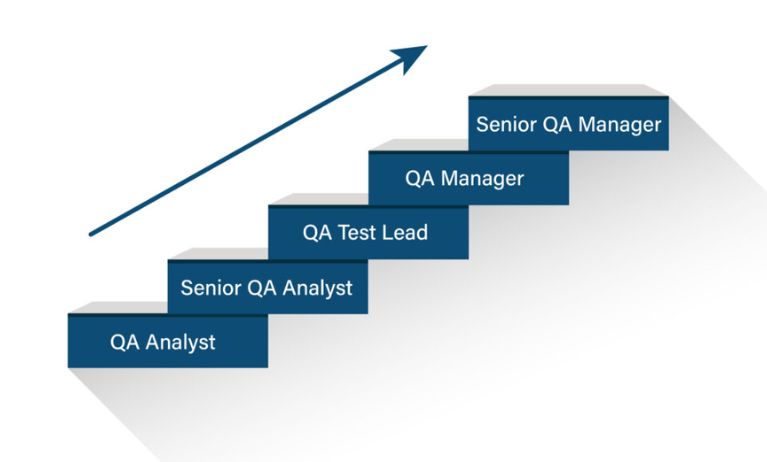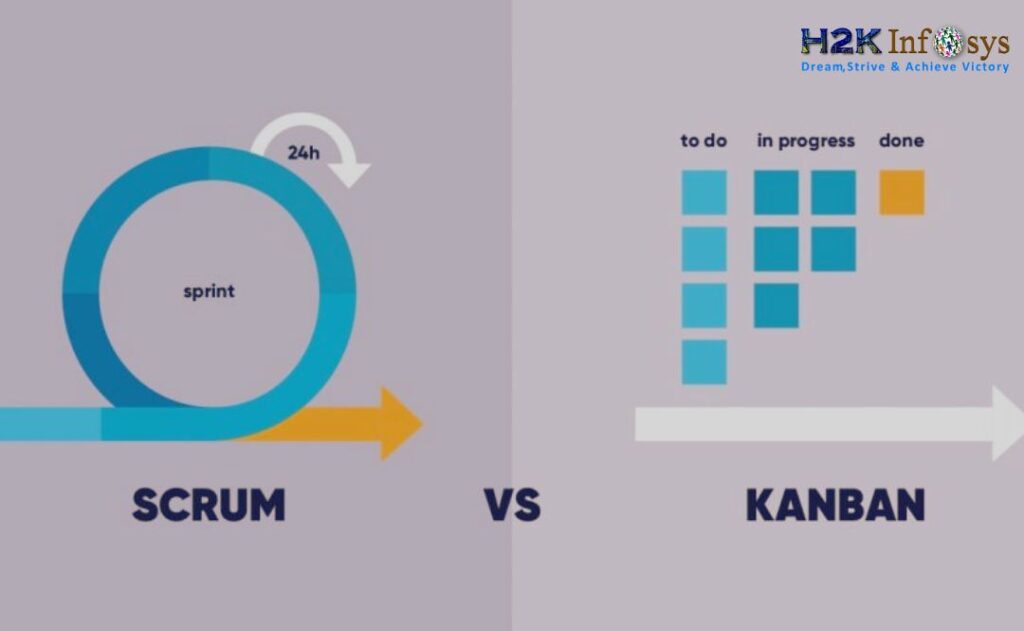A fascinating and gratifying journey can be had when beginning a career in business analysis. Finding a niche can be challenging, though, given how wide and diverse the area is. Here are a few Niches in Business Analysis you can explore. Check out the online business analysis course to find out more about these niches.
1.Requirements Niches in Business Analysis Specialist
A crucial part of Niches in business analysis is requirements analysis. It involves identifying, capturing, and verifying business needs.
Gathering and analyzing needs, turning them into functional specifications, and assuring alignment with stakeholders’ expectations are all tasks performed by a requirements analysis professional. These experts are adept at leading workshops, interviewing stakeholders, and producing thorough requirement documentation.
In order to assess workflow, documentation, and user surveys, analyze data, and find a solution to a business issue, Requirements analysis specialists must have both business and technical understanding. Just as builders use blueprints to show a home design, analysts use tools like flowcharts and UML notation to describe requirements and produce a graphic representation of the application being created.
They provide a link between technical teams and business stakeholders, ensuring that initiatives achieve the required results.
2.Data Analysis and Business Intelligence Expert
The world is moving quickly toward solutions that are data-driven. As a result, the capacity to evaluate data and draw conclusions from it is a highly valued skill.
Are you enthusiastic about using data to drive strategic decision-making, mining insightful data, and utilizing business intelligence?
Large dataset gathering, management, and analysis would be your area of expertise as a data analysis and business intelligence specialist. Organizations may make wise decisions and spur growth by applying data mining, statistical analysis, and predictive modeling tools and methodologies.
Although specific job descriptions may differ, a business intelligence analyst’s responsibilities can be divided into three categories:
- Breaking down key business data:
Data like revenue, sales, market data, or customer interaction indicators of a firm may be gathered, cleaned up, and analyzed by a business intelligence analyst. In order to better view or monitor data, BI analysts may also be asked to program tools and data models.
- Data interpretation: A crucial component of a BI analyst’s job is identifying patterns or other areas in the data that point to prospective areas for business practice change. For instance, a BI analyst may examine market trends to determine how a business may need to modify its offering.
- Sharing findings: presenting findings in front of other teams or clients, creating reports, or just visualizing data in graphs and charts are all examples of sharing findings. Additionally, business intelligence analysts will offer suggestions for growing the business based on their findings.
3.Process Improvement Consultant
This is your niche if you like streamlining operations, cutting expenses, and optimizing corporate procedures.
Your responsibility as a process improvement consultant is to evaluate current workflows, spot bottlenecks, and suggest enhancements. Process mapping, lean approaches, and continuous improvement strategies can be used to accomplish these. Your objective is to assist businesses in achieving operational excellence and fostering long-term expansion.
They also include establishing clear objectives for the business and offering guidance on new initiatives. Process improvement consultants frequently gain expertise or skills specialized to a certain industry, which causes them to concentrate their careers in that sector.
Additionally, you assist in enhancing a client’s or company’s overall performance or assist them in achieving a particular revenue or growth objective. In this position, you might seek ways to enhance and streamline a team by evaluating people’s credentials, assist a business in creating a plan for resolving issues that are already known, and otherwise look for ways to increase the effectiveness of each of its procedures.
4.Niches in Business Analysis Systems
By bridging the gap between stakeholders and software developers, Niches in business systems analysts make sure that technological solutions are in line with organizational goals.
Therefore, this might simply work for you if you have a strong awareness of both business needs and technological solutions. Your area of experience is in translating business processes into technological requirements, fostering efficient stakeholder communication, and managing the introduction or upgrading of systems successfully.
5.Agile Niches in Business Analysis
You work with cross-functional teams as an agile business analyst, facilitate requirements collecting meetings, and participate in iterative development cycles.
In order to effectively participate in product backlog management, sprint planning, and user story refining, you need to understand agile frameworks like Scrum or Kanban.
If you enjoy working in dynamic, fast-paced workplaces and have excellent communication and problem-solving abilities, this is your niche.
6. Domain-Specific Analyst
Many different industries have distinctive traits and rules that call for specific knowledge and experience. You concentrate on a certain industry or sector, such healthcare, banking, or e-commerce, as a domain-specific analyst.
Your knowledge allows you to provide enterprises in your chosen domain specialized solutions and insights that will help them overcome industry-specific obstacles and keep up with changing trends. If you like the security and expansion that come with being a reputable industry authority, this is your field.
Conclusion
AIteration is a key component of finding your niche, so don’t be hesitant to try new things and make adjustments as you go. To learn more about the various niches, check out the online business analysis training.



























